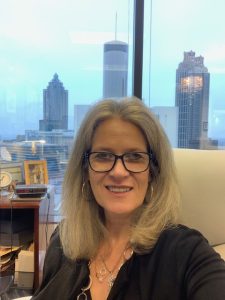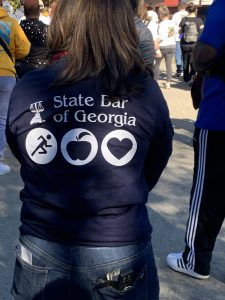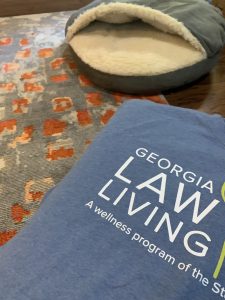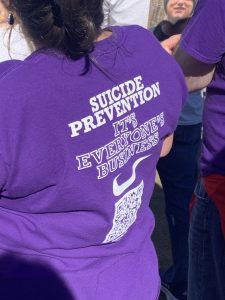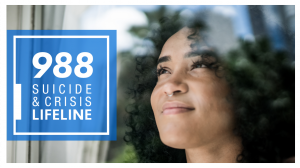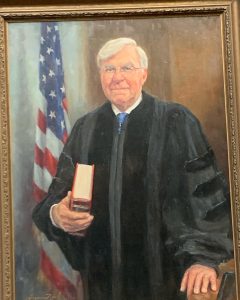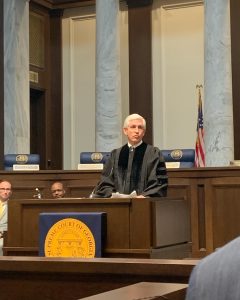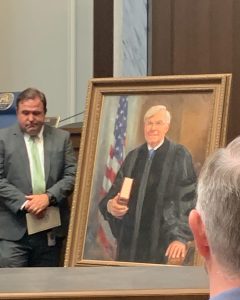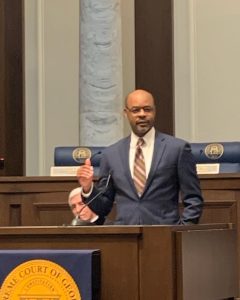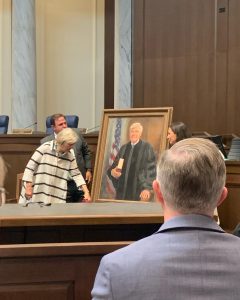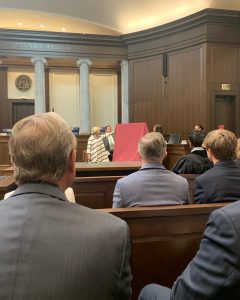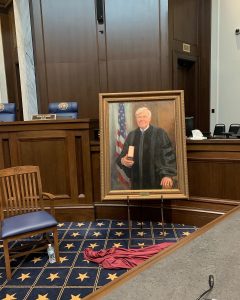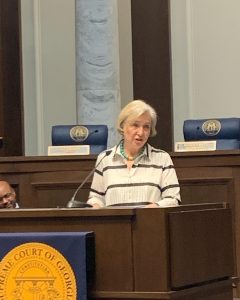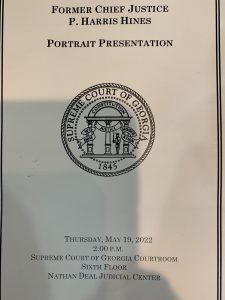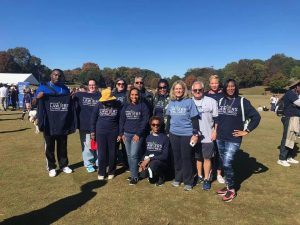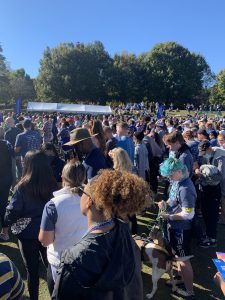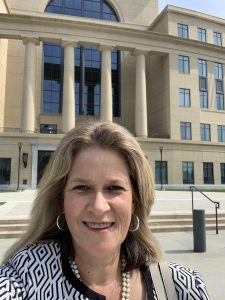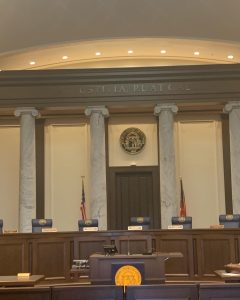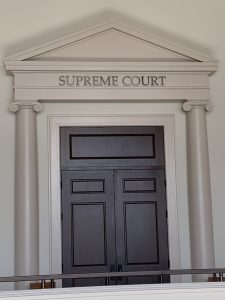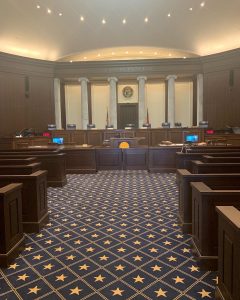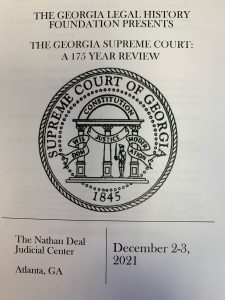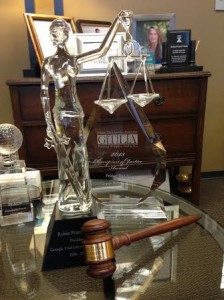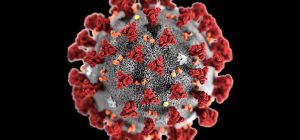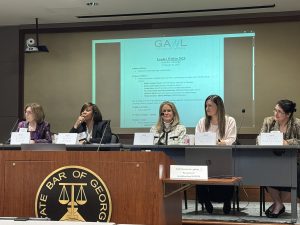
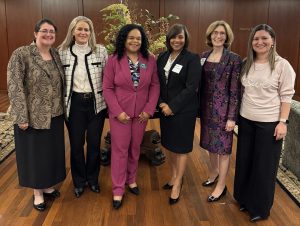
Last week, my boss–my mom–Robin Frazer Clark was invited to speak on a panel of highly esteemed women at the Georgia Association for Women Lawyers’ annual CLE entitled “The Leader Within.” She was joined on the panel by Linda Klein, the first woman President of the State Bar of Georgia; Meka Ward, Assistant General Counsel for the Home Depot; Judge Ana Maria Martinez, Georgia’s First Latina State Court Judge; and Zahra Karinshak, a veteran and former Georgia Senator. The incredible women who shared the stage all come from different backgrounds, have achieved unbelievable success in various practice areas, and have overcome consistent adversity as women in the legal field, often holding the title of “First Female ___” in many spaces they occupy within this male-dominated field. To be sure, the gender disparity is shrinking by the year—the latest numbers from the American Bar Association tell us that the gap is narrowing, with the percentage of female lawyers growing from 36% in 2014 to 41% in 2024. I know that, at some point in my legal career, I will likely encounter adversity as a woman in the legal field that resembles the challenges that the panelists once faced. But I also know that, because of the fearlessness of the female leaders who have come before me, I will have far fewer barriers to overcome than they did.
I’ve had the privilege of hearing my mom’s sage advice on panels, speaking to a group of lawyers, or even just at the dinner table for 27 years. What I’ve now realized, however, is that the advice hits a little differently once you start following in those same footsteps she’s laid on the ground in front of you. Hopefully other young attorneys (and experienced attorneys too!) can benefit from these nuggets of wisdom I picked up from these Queens of the Law. Here are some of my takeaways from the incredible panel:
- There are many ways to lead. The panelists offered a variety of answers to questions about what makes a “good leader,” but at the core of most of their answers were simple pieces of advice: be yourself and treat others the way you would want to be treated. If you try to adopt a style of leadership that is not genuine to the person you are, your team will be able to sense that something seems off and may not have full confidence in the leadership or the overall mission. Treating each other by the Golden Rule allows for a deeper sense of trust and understanding between the different levels of the hierarchy within the team (and is also probably just a good piece of life advice for how we should strive to treat others… this includes opposing counsel!!)
 Atlanta Injury Lawyer Blog
Atlanta Injury Lawyer Blog


